Hi there, pet lovers! 🕷️
If you’re fascinated by exotic pets and looking for something truly unique, the Rose Hair Tarantula (also known as the Chilean Rose Tarantula or Grammostola rosea) might be the perfect choice for you. These stunning arachnids are one of the most popular tarantula species in the pet trade, and for good reason. Known for their calm demeanor, low-maintenance care, and striking appearance, Rose Hair Tarantulas are an excellent option for both beginner and experienced arachnid enthusiasts.
In this comprehensive review, we’ll explore everything you need to know about Rose Hair Tarantulas, from their temperament and care requirements to their affordability and availability. Whether you’re considering adding one to your home or simply curious about these fascinating creatures, this guide will help you make an informed decision.
Overview
Rose Hair Tarantulas are medium-sized, terrestrial spiders native to the arid regions of Chile. They are beloved for their docile nature, ease of care, and long lifespan. Here’s a quick summary of what makes them stand out:
- Handling and Temperament: Generally calm and easy to handle, but best admired as display pets.
- Care and Maintenance: Extremely low-maintenance, with minimal habitat requirements.
- Health and Durability: Hardy and long-lived, with females living up to 15-20 years.
- Availability: Widely available through breeders, pet stores, and expos.
- Cost: Affordable to purchase and maintain, with minimal setup costs.
Overall: A fantastic choice for those seeking an exotic, low-maintenance pet that’s both fascinating and rewarding to care for.
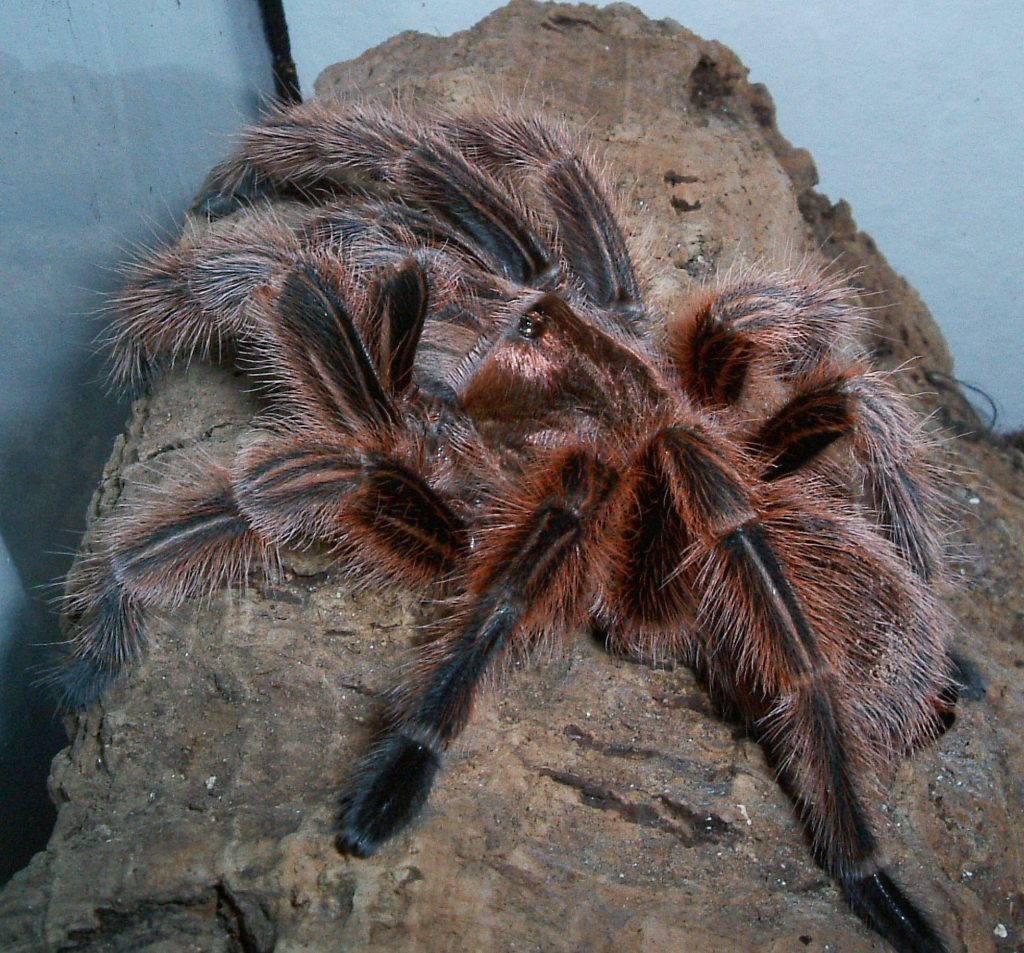
Why Choose a Rose Hair Tarantula?
Rose Hair Tarantulas are ideal for pet owners who want something out of the ordinary without the high demands of more traditional pets. They are quiet, require very little space, and don’t need daily interaction, making them perfect for busy individuals or those living in small spaces. Their long lifespan and captivating behaviors make them a rewarding companion for dedicated pet owners.
Handling and Temperament
Rose Hair Tarantulas are known for their calm and docile nature, which makes them one of the best tarantula species for handling—though handling should always be done with care and kept to a minimum.
Personality Variations
- Most Rose Hair Tarantulas are slow-moving and relaxed, but individual temperaments can vary.
- Some may be more skittish or defensive, especially if they feel threatened.
Handling Tips
- Always allow the tarantula to crawl onto your hand rather than picking it up directly.
- Handle them close to the ground or over a soft surface to prevent injury in case of a fall.
- Avoid handling during molting or if the tarantula appears stressed.
Defensive Behaviors
- While bites are rare, Rose Hair Tarantulas may flick urticating hairs from their abdomen as a defense mechanism. These hairs can cause mild irritation if they come into contact with skin or eyes.
- If your tarantula raises its front legs or shows signs of agitation, it’s best to leave it alone.
Biting
- Rose Hair Tarantulas rarely bite, and their venom is mild—comparable to a bee sting. However, their large fangs can cause mechanical injury, so caution is always advised.
Overall, Rose Hair Tarantulas are a joy to observe and interact with, but their well-being should always come first.
Care and Maintenance
One of the biggest appeals of Rose Hair Tarantulas is their low-maintenance care requirements. Here’s everything you need to know to keep your tarantula happy and healthy:
Enclosure Setup
- Size: A 5-10 gallon tank is sufficient for an adult Rose Hair Tarantula.
- Substrate: Use 2-3 inches of coconut fiber, peat moss, or pesticide-free soil to allow for light burrowing.
- Hiding Spots: Provide a hide, such as a piece of cork bark or a small clay pot, to make your tarantula feel secure.
- Decor: While not necessary, adding fake plants or driftwood can enhance the enclosure’s aesthetics.
Humidity and Temperature
- Humidity: Maintain moderate humidity levels (40-50%). A shallow water dish is sufficient; avoid over-misting, as excessive moisture can lead to mold or respiratory issues.
- Temperature: Keep the enclosure at room temperature (70-80°F). A heat mat can be used if your home gets too cold, but avoid overheating.
Feeding
- Diet: Rose Hair Tarantulas are insectivores and thrive on a diet of crickets, roaches, and mealworms.
- Feeding Schedule: Adults typically eat 1-2 prey items per week, while juveniles may require more frequent feeding.
- Fasting: It’s common for Rose Hair Tarantulas to fast for weeks or even months, especially before molting. This is normal and not a cause for concern.
Lighting
- Rose Hair Tarantulas are nocturnal and do not require special lighting. Keep their enclosure in a dimly lit area to mimic their natural habitat.
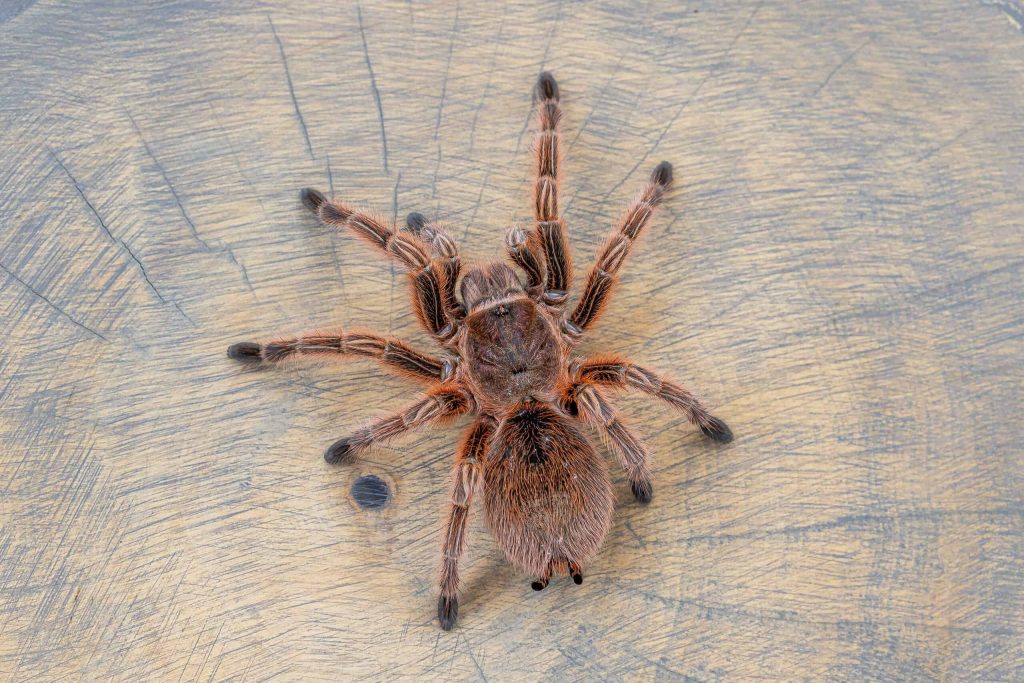
Health and Durability
Rose Hair Tarantulas are hardy creatures with a long lifespan, making them a long-term commitment.
Common Health Issues
- Dehydration: Ensure your tarantula always has access to fresh water.
- Molting Problems: Provide proper humidity and avoid handling during molting to prevent complications.
- Injuries: Falls can be fatal due to their fragile abdomens, so always handle with care.
Preventative Care
- Maintain a clean enclosure and remove uneaten prey promptly.
- Monitor humidity and temperature levels regularly.
- Avoid overhandling to reduce stress.
With proper care, Rose Hair Tarantulas can live 15-20 years (females) or 3-5 years (males), making them a rewarding and long-lasting pet.
Availability and Cost
Rose Hair Tarantulas are widely available and affordable, making them accessible to most pet owners.
Where to Buy
- Breeders: The best option for healthy, captive-bred tarantulas.
- Pet Stores: Many stores carry Rose Hair Tarantulas, though captive-bred specimens are preferable.
- Expos: Reptile and arachnid expos are great places to find a variety of tarantulas and connect with breeders.
Cost
- Tarantula Price: $20 to $50 for juveniles and sub-adults; adult females may cost slightly more.
- Setup Cost: $50 to $100 for a basic enclosure, substrate, and accessories.
Pros and Cons
Pros
- Extremely low-maintenance and easy to care for.
- Calm and docile temperament, making them great for beginners.
- Affordable to purchase and maintain.
- Long lifespan, especially for females.
- Fascinating to observe and interact with.
Cons
- Not suitable for frequent handling or interactive play.
- Defensive behaviors like hair flicking can cause mild irritation.
- Long-term commitment due to their lifespan.
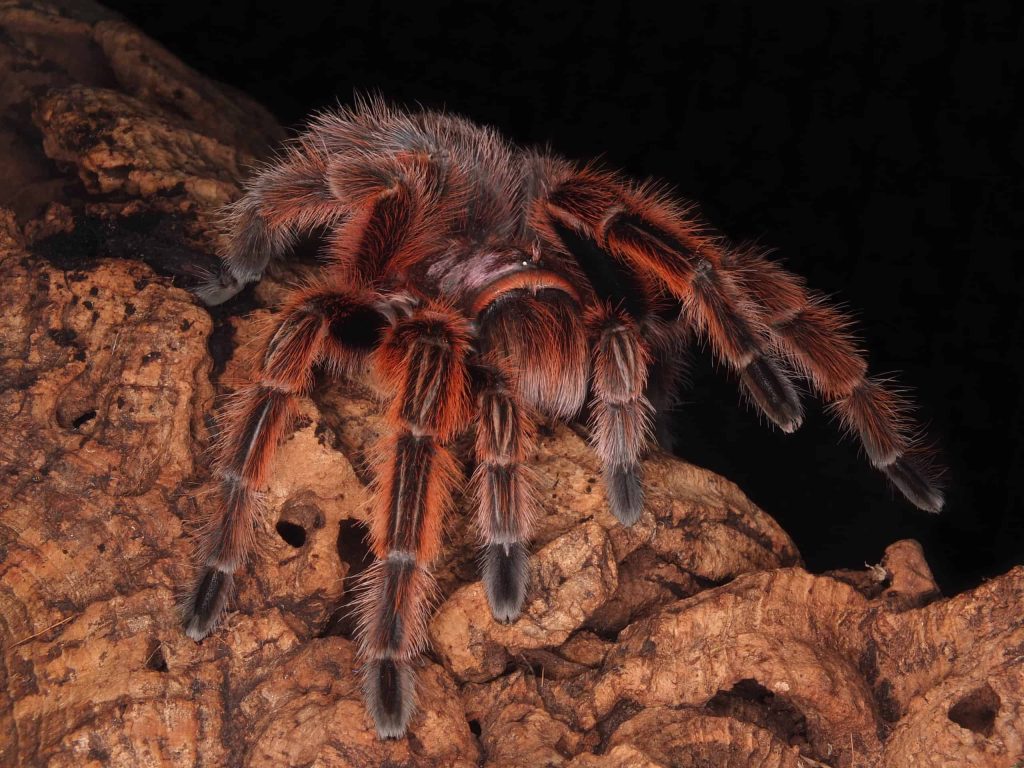
Final Thoughts
The Rose Hair Tarantula is an excellent choice for anyone looking to add an exotic, low-maintenance pet to their home. Their calm demeanor, minimal care requirements, and striking appearance make them a favorite among arachnid enthusiasts. While they may not be the most interactive pets, their fascinating behaviors and long lifespan make them a rewarding companion for those who appreciate their unique charm.
If you’re considering a Rose Hair Tarantula, we recommend visiting a breeder or expo to see them in person. Their beauty and personality are sure to captivate you.
Have you owned a Rose Hair Tarantula? Share your experiences and tips in the comments below! We’d love to hear how you care for your tarantula and what makes them special to you.
For more exotic pet care tips and reviews, stay tuned to our blog and don’t forget to subscribe to our newsletter! 🕸️




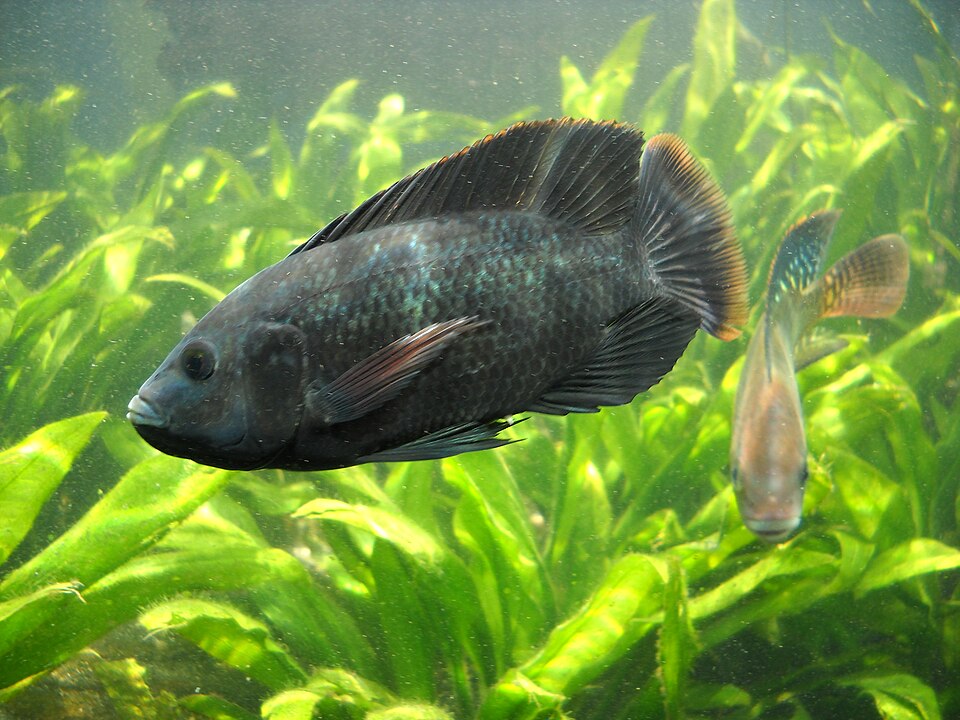
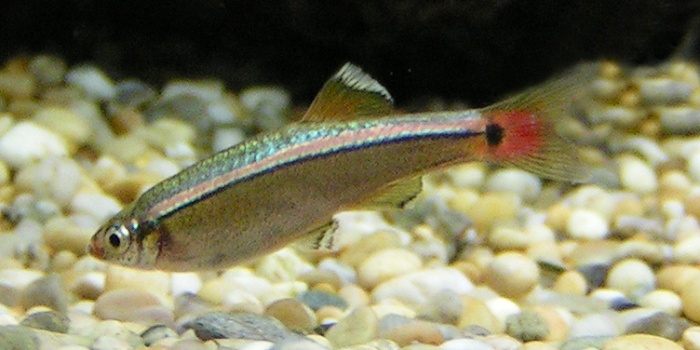
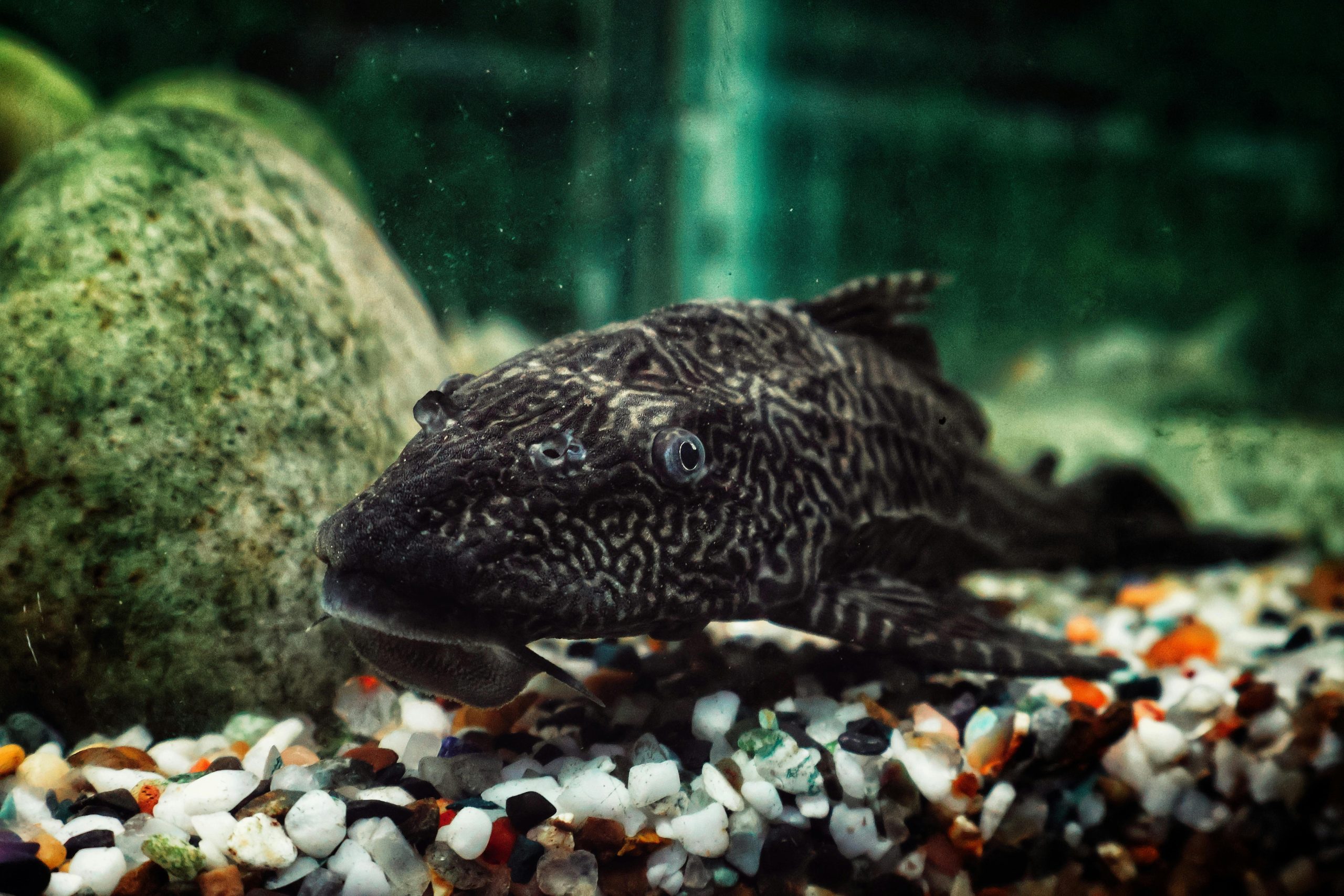
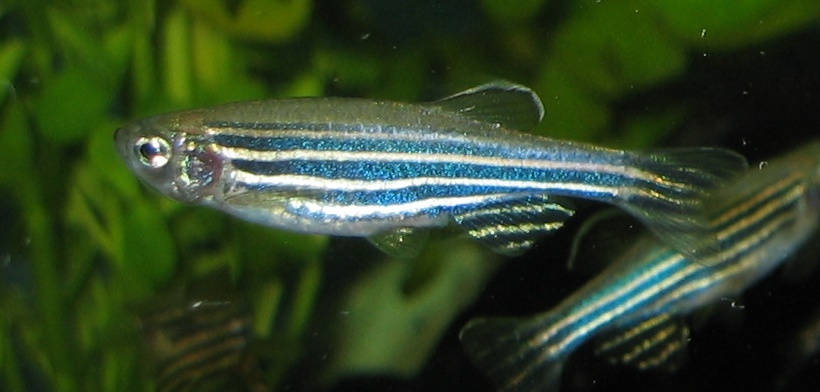
Leave a Reply